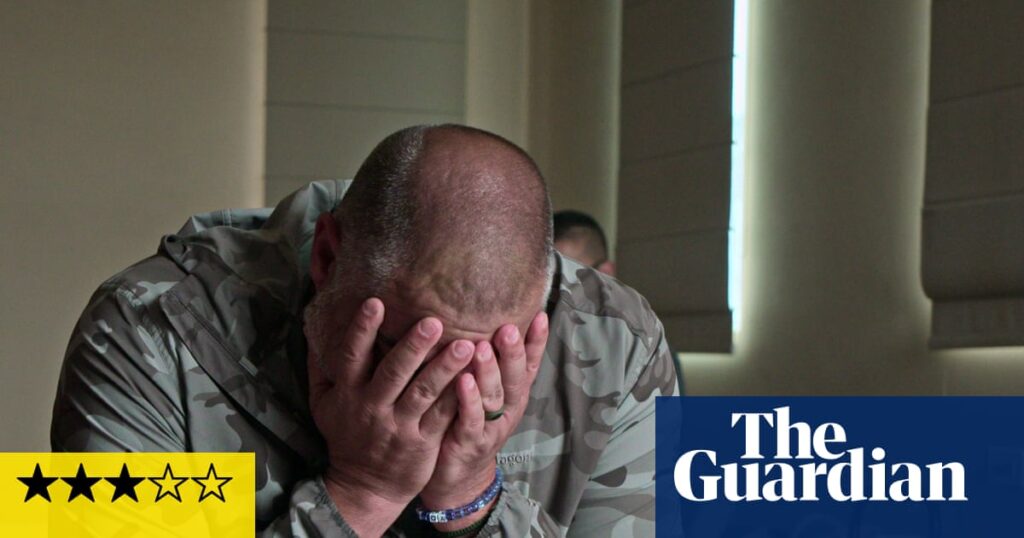
In a groundbreaking documentary, former US Navy Seals candidly share their struggles with post-traumatic stress disorder (PTSD) and explore unconventional treatment methods. “In Waves and War,” directed by Jon Shenk and Bonni Cohen, delves into the use of psychedelic therapy as a potential solution for veterans grappling with the psychological scars of war.
The film highlights a new therapeutic protocol involving the use of hallucinogens such as ibogaine, derived from an African shrub, and 5-MeO-DMT, sourced from a river toad. These substances, though not yet approved by the US Food and Drug Administration, are administered at a clinic in Mexico. Researchers from Stanford University’s Brain Stimulation Lab are currently studying their clinical effects, adding a layer of scientific inquiry to the narrative.
The Science and Skepticism of Psychedelic Therapy
While the documentary presents a compelling case for the efficacy of these treatments, it has been critiqued for its limited exploration of the underlying cognitive science. Interviews with scientists, though present, are often overshadowed by the personal testimonies of the veterans themselves. These narratives, however, are powerful and provide a raw insight into the profound impact of PTSD on military personnel.
One veteran recounts his experiences in Afghanistan during the early 2000s, describing how the trauma of war compounded pre-existing childhood abuse, leading to a pervasive sense of despair. His story underscores the complex interplay of factors contributing to PTSD and highlights the potential of psychedelics to facilitate deep emotional healing.
Visual Storytelling and Emotional Depth
To convey the psychedelic experiences, the film employs tasteful animations that depict the veterans’ journeys through their subconscious. These visual elements offer a glimpse into the intense and often surreal nature of the therapy sessions. In one memorable scene, a soldier envisions himself watching the sitcom “Malcolm in the Middle,” a moment of levity amidst the film’s otherwise somber tone.
The documentary’s soundtrack, characterized by Philip Glass-style violin chords, reinforces the gravity of the subject matter. This musical choice effectively underscores the cyclical nature of pain and recovery, adding an emotional depth to the veterans’ stories.
Implications and Future Directions
The release of “In Waves and War” on Netflix on November 3 has sparked renewed interest in the potential of psychedelic therapy for PTSD. As research continues, there is hope that these treatments may one day gain broader acceptance and regulatory approval in the United States.
For now, veterans seeking this form of therapy must travel abroad, highlighting the need for continued advocacy and research. The documentary serves as a poignant reminder of the urgent need for effective mental health interventions for those who have served in combat.
As the conversation around psychedelic therapy evolves, it is crucial to balance anecdotal evidence with rigorous scientific inquiry. The testimonies of the veterans featured in the film offer a compelling case for further exploration of these unconventional treatments.
In the UK and Ireland, Samaritans can be contacted on freephone 116 123, or email [email protected] or [email protected]. In the US, you can call or text the 988 Suicide & Crisis Lifeline at 988 or chat at 988lifeline.org. In Australia, the crisis support service Lifeline is 13 11 14. Other international helplines can be found at befrienders.org.







